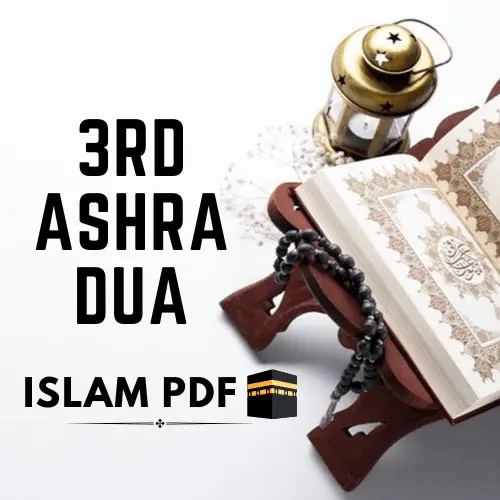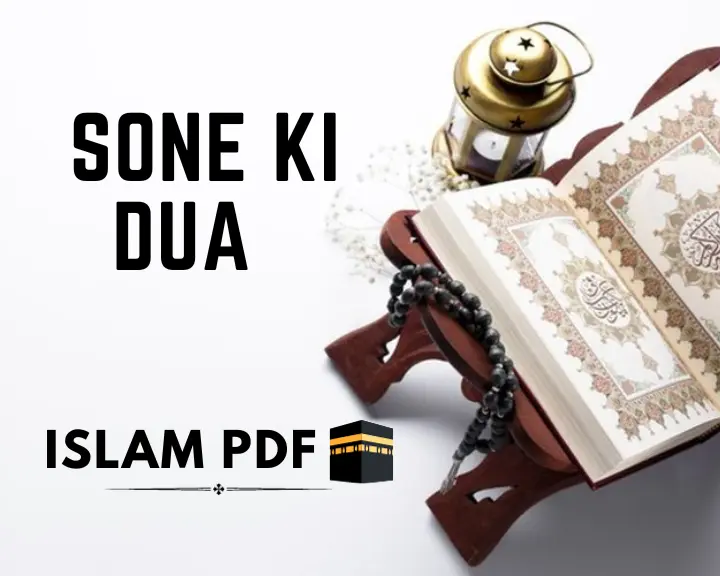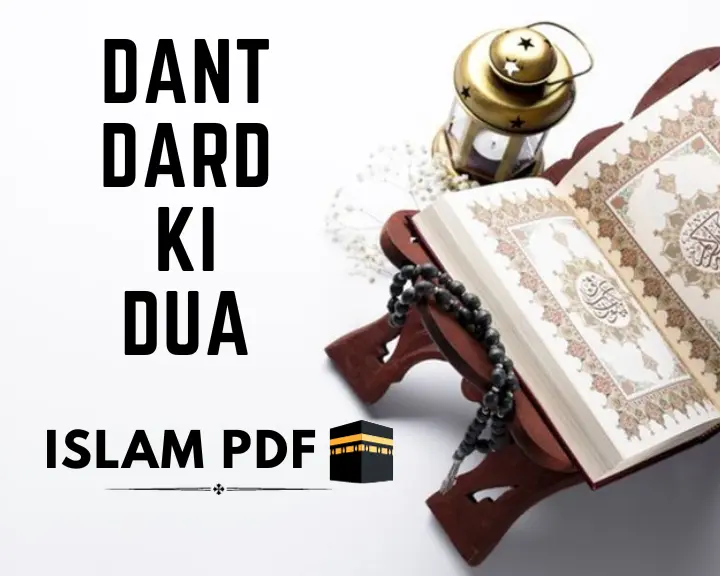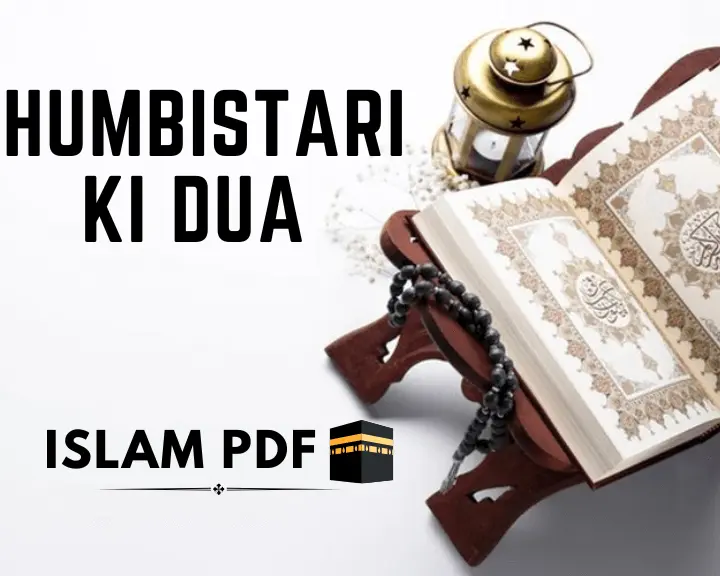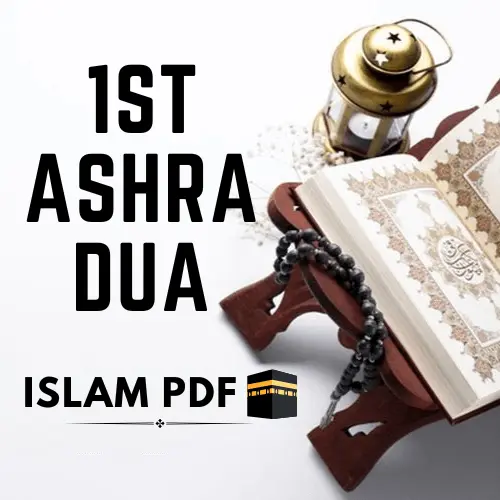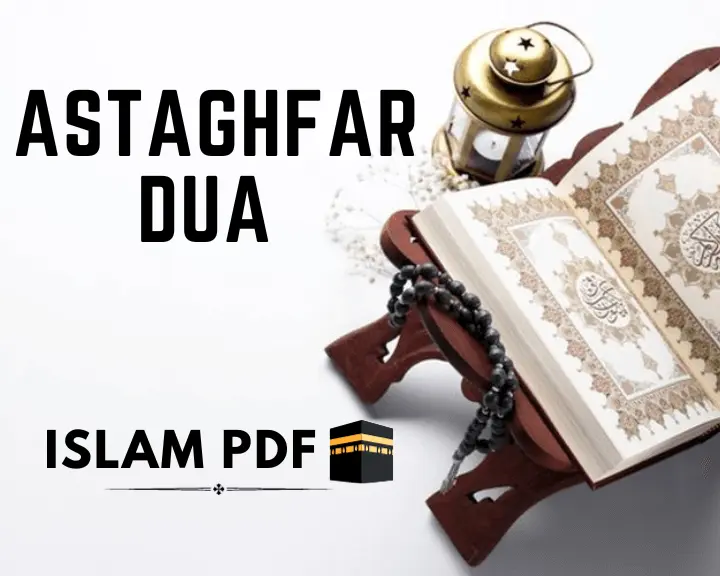Jumma Mubarak Dua | 5 Benefits | Jumma Quotes & Status
Muslims consider Friday, or Jumma, to be a holy day celebrated with group prayers and blessings. Muslims from all over the world gather on this day of blessings to participate in collective worship, asking Allah for guidance and divine mercy.
The recitation of a unique prayer called the Jumma Mubarak Dua also known as Darood Shareef, is one of the most treasured parts of Jumma. This prayer is an appeal for forgiveness, an expression of thanksgiving, and an appeal for the favor of Allah on the whole Muslim community. You can find guidance on seeking forgiveness in Surah Taubah, which adds depth to the importance of repentance and seeking Allah’s mercy.
Jumma Mubarak Dua with Urdu and English Translation
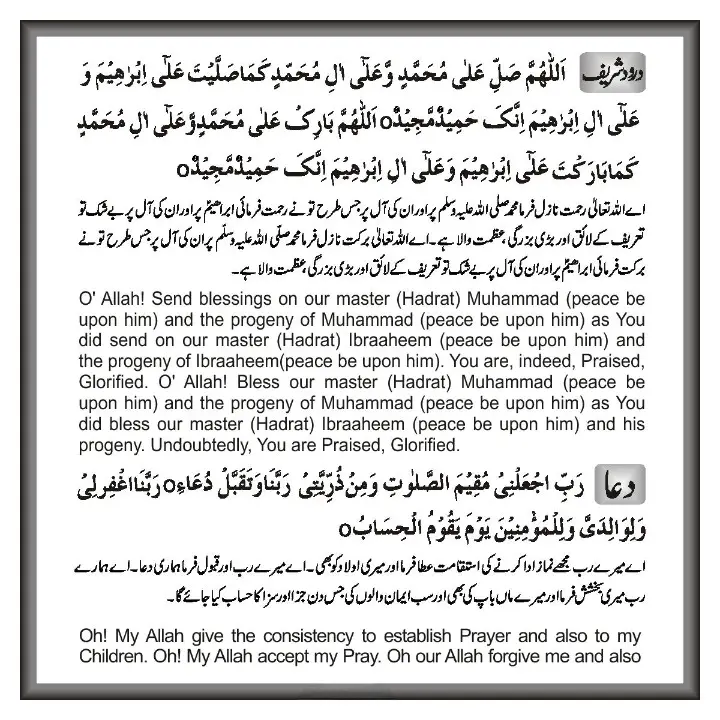
Download Jumma Mubarak Dua Image and MP3
Jumma Mubarak Quotes and Status
You can join our WhatsApp Channel where you can receive Jumma Mubarak Quotes and Status every Friday. Moreover, we also share Islamic Quotes of the day/Verse of the day on our WhatsApp Channel.
How many times we should Recite?
Islamic teachings do not specify the number of times that reciting Durood Shareef (prayers upon the Prophet Muhammad, peace be upon him) on Fridays is required (Jumma). In Islam, it is highly recommended to recite Durood Shareef as a way to ask Allah for blessings and mercy.
Muslims are urged to regularly offer blessings to the Prophet Muhammad (peace be upon him), and Friday is thought to be an especially auspicious day for this. In Friday prayers, Muslims frequently recite Salawat, sometimes even before or after the collective prayer. It is a means by which Muslims honor and show their love for the Prophet Muhammad (peace be upon him).
Benefits
Fridays (Jumma) are special days in Islam when people recite Durood Shareef, or “salutations upon the Prophet Muhammad, peace be upon him.” There are also several alleged advantages to this practice. Among the possible advantages are:
Spiritual Benefits
According to Muslims, blessing the Prophet Muhammad (peace be upon him) is a good deed that results in spiritual benefits. The Prophet himself urged his disciples to consistently offer him blessings.
Assistance on the Day of a verdict
It is thought that reciting Durood Shareef regularly could act as a way for a believer to intercede on that day. The right to plead on behalf of his adherents has been given to the Prophet Muhammad (peace be upon him).
Pardoning Sins
Asking for the Prophet’s blessings is regarded as a humble and devoted deed. It is thought that partaking in this practice could result in one’s soul being purified, and their sins being forgiven.
Strengthened emotion of love for the Prophet
Reading Durood Shareef contributes to believers’ increased love and bond with the Prophet Muhammad (peace be upon him). An essential component of the Islamic faith is expressing one’s affection and respect for the Prophet.
Mercies for the Whole Ummah
Muslims believe that reciting Durood Shareef together on Jumma blesses not just the individual but also the Muslim community as a whole (ummah).
Summary
The term “Dua of Juma” describes the prayers said on the holy day of Jumma, which falls on Friday in Islam. Although there isn’t a set Jumma’s Dua Muslims often offer a variety of supplications during Friday prayers. Usually, the purpose of these prayers is to ask Allah for guidance, forgiveness, and blessings for both the individual and the Muslim community as a whole.
On Fridays, there is often an emphasis on reciting Durood Shareef, which is a salutation to the Prophet Muhammad (peace be upon him). Divine incentives, assistance on the Day of verdict, and a closer bond with the Prophet are thought to come from this practice. In general, Muslims use the Juma’s Dua on this auspicious day as a time for introspection, humility, and a communal display of devotion.
In the Holy Quran, there is a complete chapter with the name of Surah Juma which tells us the importance of the day. You can read it with benefits and contextual meaning and download a PDF as well.

